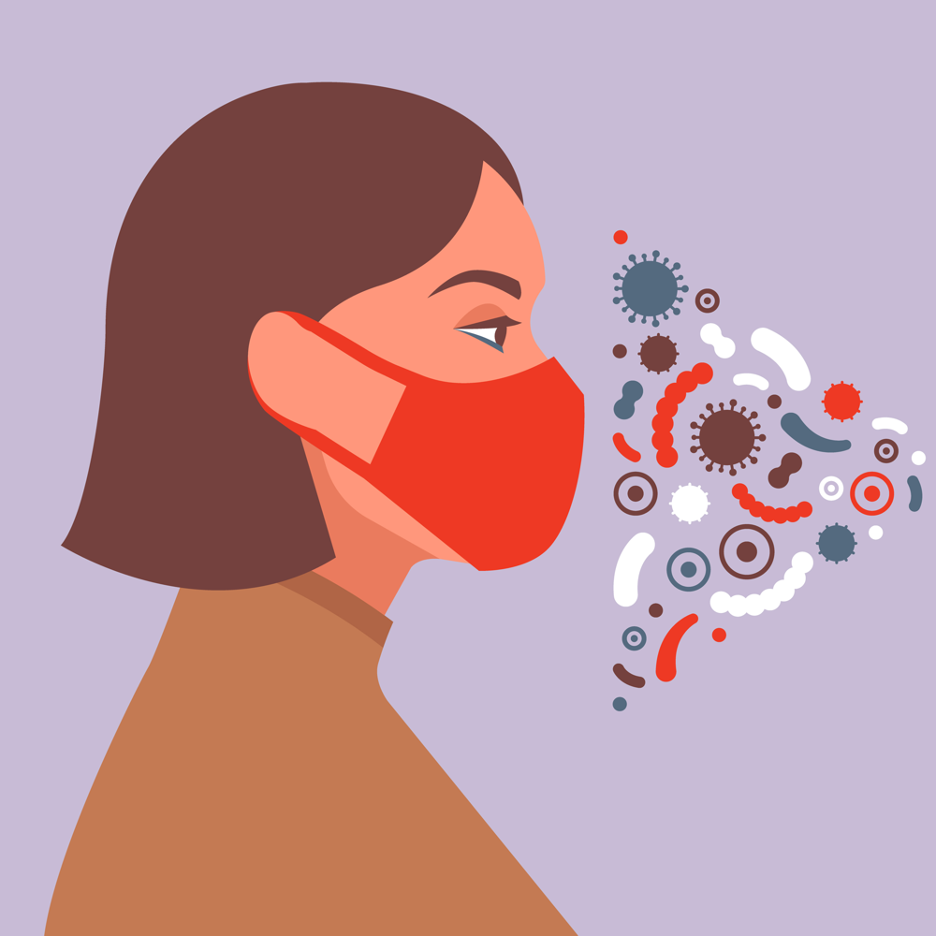There’s no denying that the COVID-19 pandemic has had an impact on our daily lives – from the way we work and socialize to the way we prioritize our health.
As billions of COVID vaccines have been administered around the world, there have been reports of changes in menstrual cycles among some women. Below, these COVID vaccination clinics in Northwest Indiana explore the link between COVID-19 vaccination and menstrual cycles, addressing common concerns, sharing research findings and providing insights from personal experiences.
Common Misconceptions about the COVID Vaccine and Menstrual Cycles
With any new medical intervention, including vaccinations, it is common for concerns and misconceptions to arise. When it comes to the COVID-19 vaccine, some women worry that it may cause irregularities in their menstrual cycles.
However, it is essential to separate fact from fiction. The vaccines that the 219 Health Network COVID vaccination clinics in Northwest Indiana carry have undergone rigorous testing and have been proven to be safe. The vaccines do not contain any live virus and cannot directly impact fertility or menstruation.
The menstrual cycle is a complex interplay of hormones and bodily processes, and various factors can influence its regularity. Stress, changes in weight, underlying health conditions and medications can all contribute to changes in menstrual patterns. It is crucial to understand that any changes in menstruation after receiving the COVID-19 vaccine are likely coincidental or related to other factors rather than a direct effect of the vaccine itself.
Research on the Link Between the COVID Vaccine and Menstrual Cycles
To better understand the potential link between the COVID-19 vaccine and menstrual cycles, researchers have conducted studies and gathered data from women who have received the vaccine. A study published in the Journal of the American Medical Association (JAMA) analyzed menstrual patterns among women before and after receiving the COVID vaccine.
The study found that while some women experienced temporary changes in their menstrual cycles, such as heavier or lighter bleeding or a shorter or longer duration, these changes were mostly self-limiting and resolved within a few cycles.
Another study published in the New England Journal of Medicine reported similar findings, with no evidence of long-term effects on menstrual cycles after COVID-19 vaccination. The researchers emphasized the importance of considering other factors that could contribute to changes in menstruation, such as stress, underlying health conditions or lifestyle changes.
Possible Explanations for Changes in Menstrual Cycles after Receiving the COVID Vaccine
Although the exact mechanism behind changes in menstrual cycles after receiving the COVID vaccine is not yet fully understood, there are several possible explanations.
One hypothesis is that the immune response triggered by the vaccine, including the production of antibodies, may indirectly affect hormonal balance and menstrual patterns. Additionally, the stress of receiving the vaccine may contribute to temporary disruptions in the menstrual cycle.
It is important to note that the changes reported by some women are temporary and are not a cause for alarm. If you experience any concerns or persistent changes in your menstrual cycle after visiting a COVID vaccine clinic in Northwest Indiana, it is recommended that you consult with a healthcare professional as soon as possible.
Final Thoughts
Keeping a menstrual diary or using a period tracking app can help you record the start and end dates of your periods, as well as any variations in flow, duration or accompanying symptoms. By documenting these changes, you can gain a better understanding of your menstrual patterns and identify any significant deviations.
Looking for a COVID Vaccination Clinic in Northwest Indiana?
Do you have any concerns or notice persistent changes in your menstrual cycle after receiving the COVID-19 vaccine? If so, our health experts at 219 Health Network are here to help. Our COVID vaccination clinic is a go-to source for people looking to stay well-informed about COVID-19.
Contact us today at 833-219-0001 to get started.


